Everything You Need To Know About Bacne
Let's talk about back acne. You know, those breakouts (consisting of pink pimples and clogged pores) that you know are there but can't see?
Addressing bacne starts with treating the skin on the neck, shoulders and back with the same caution and concern as the skin on the face, according to board-certified dermatologist Jessica Weiser.
A gentle, well-balanced regimen will yield better results and avoid damaging the skin in the process," says Weiser. Simple steps such as bathing after working out and avoiding skincare products with harsh irritants and fragrances are key.
To feel super confident when baring our backs this summer, Weiser told us everything we need to know to beat bacne. Here's what to do and what to avoid.
Love HuffPost? Become a founding member of HuffPost Plus today.
Shower immediately after exercising. "Never leave sweat-soaked clothing on the skin surface," says Weiser. Sweat, exercise, tight-fitting clothing, non-breathable fabrics and other forms of surface occlusion (like a backpack) are some of the main causes of bacne. Use a pH balancing body wash, salicylic acid/benzoyl peroxide cleanser or a sulfur-based soap to remove excess oils, debris and bacteria from the skin surface before they clog pores and cause acne breakouts.
Don't forget to exfoliate. "Unlike the face, the pores on the back are much larger and significantly more prone to congestion so they can tolerate an exfoliating cleanser two to three times a week to improve cell turnover and keep pores free of dead skin cells and debris," says Weiser. Just be sure to avoid scrubbing the skin too vigorously, as the dermatologist says it can damage or scar the skin and over-dry the skin surface, which stimulates oil production that triggers further acne flares.
Reconsider using scented laundry products. According to Weiser, fragrance detergents can cause increased irritation and dryness on the skin surface, which triggers inflammation. "Waxy coating on dryer sheets and fabric softener can also cause clogged pores and acne flares," she says.
Choose your beauty products cautiously. "Shampoo, hair conditioner and styling products contain a variety of comedogenic ingredients including sodium lauryl sulfate and sodium laureth sulfate," says Weiser. These ingredients along with sunscreens and skin care products containing lanolin, petroleum/petrolatum and silicone derivatives may also cause breakouts and skin irritation.
If acne is unresponsive to at-home treatment and over-the-counter medications, visit a doctor. Early intervention is the best form of prevention against scarring. "The same in-office procedures that apply to the face can also be successfully applied to that back -- try microdermabrasion, antimicrobial glycolic acid chemical peels, blue light or red light treatments," she adds.
Do you struggle with back acne? Have you found successful ways to clear up and prevent breakouts? Tell us in the comments section.
1. Keep It Simple
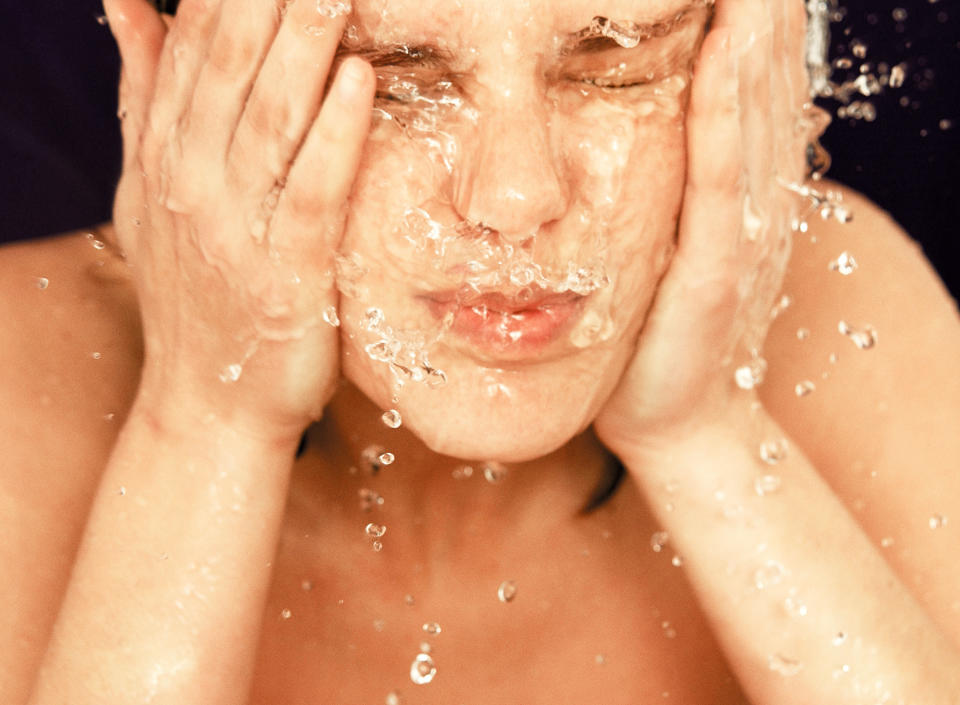
2. Don't Obsess
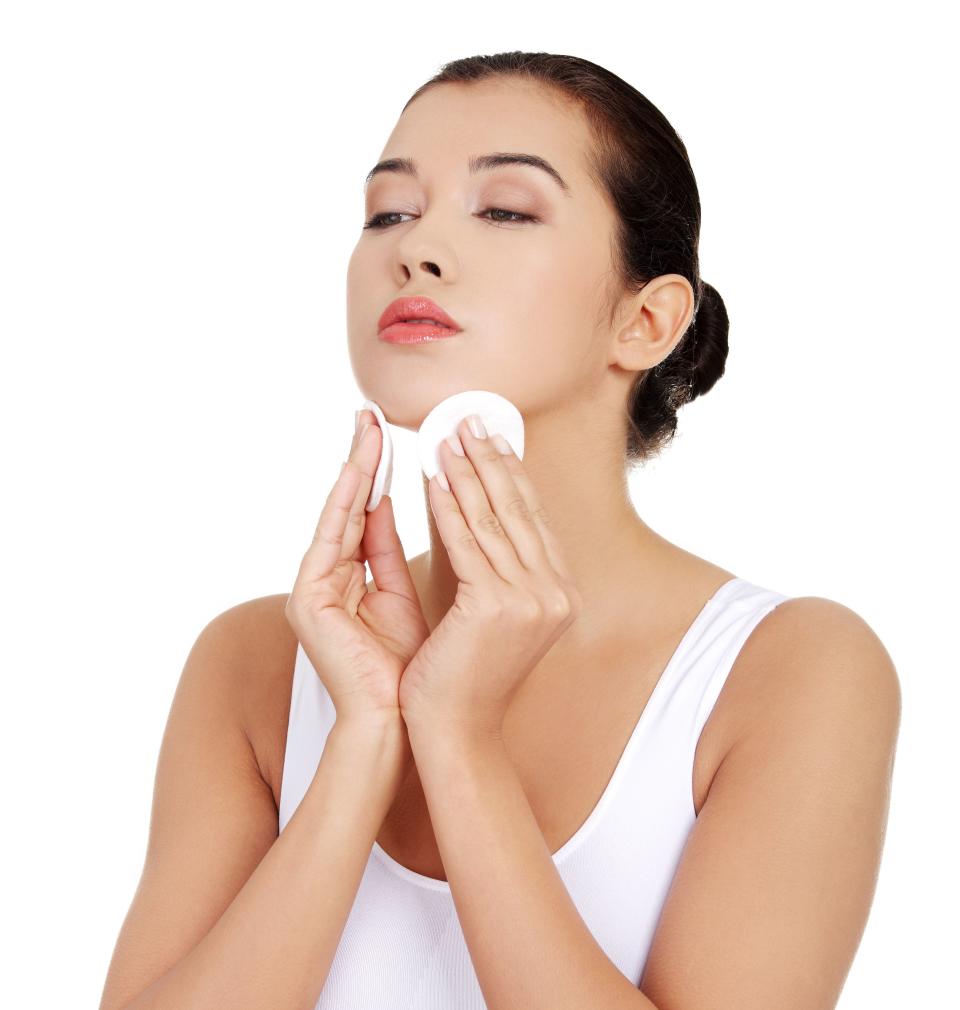
3. Cool It
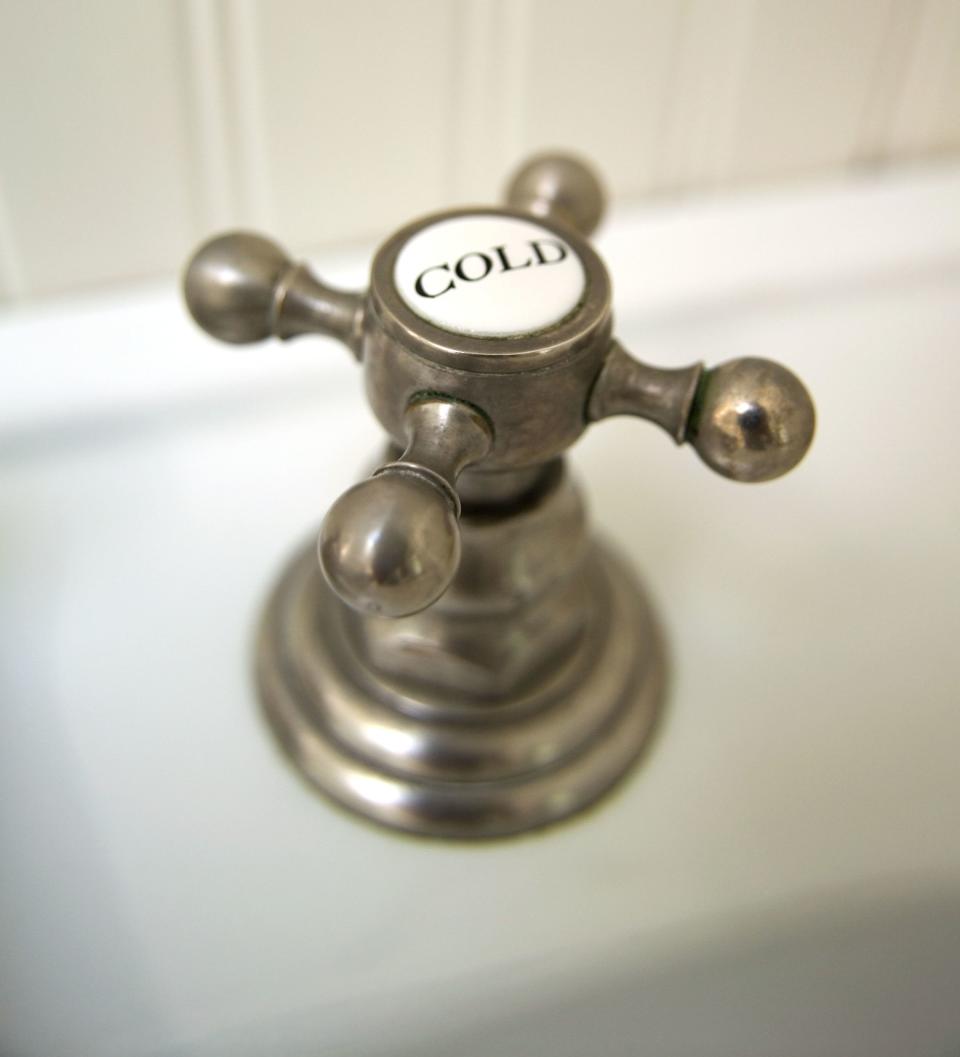
4. Exfoliate Sparingly
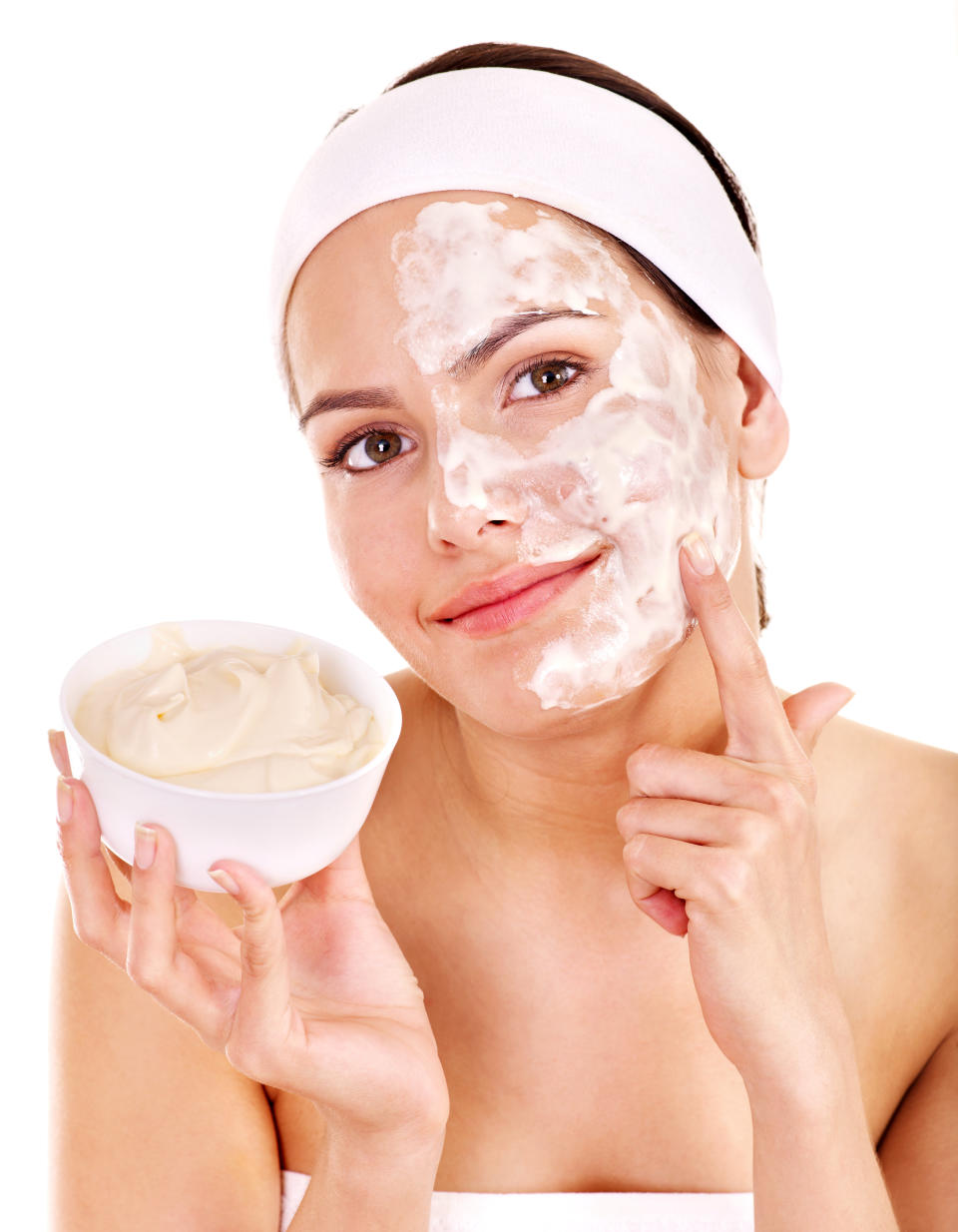
5. Pat Yourself Dry
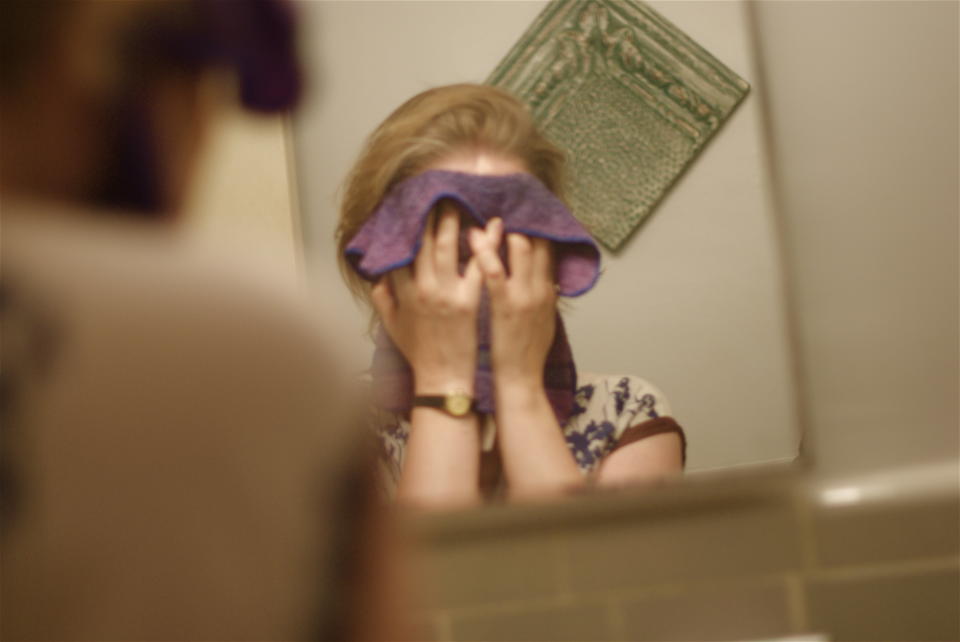
6. Winterize Your Regimen
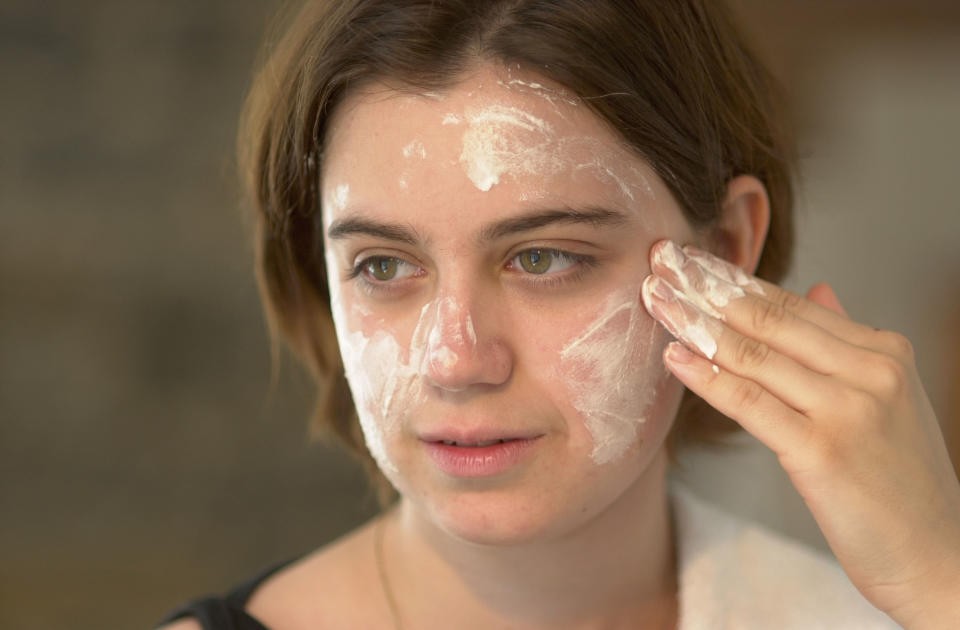
7. Watch Your Eyes
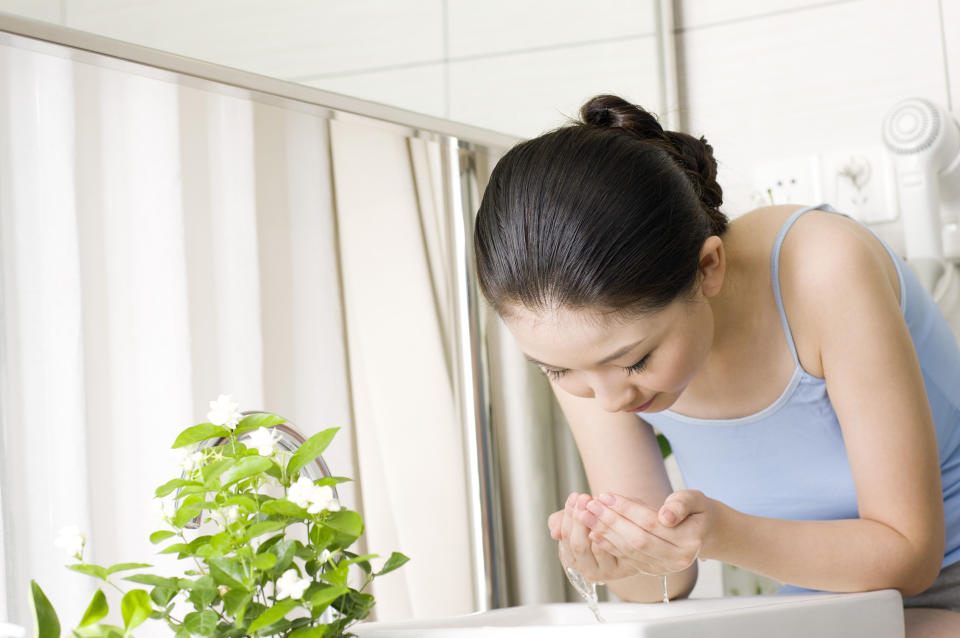
This article originally appeared on HuffPost.




